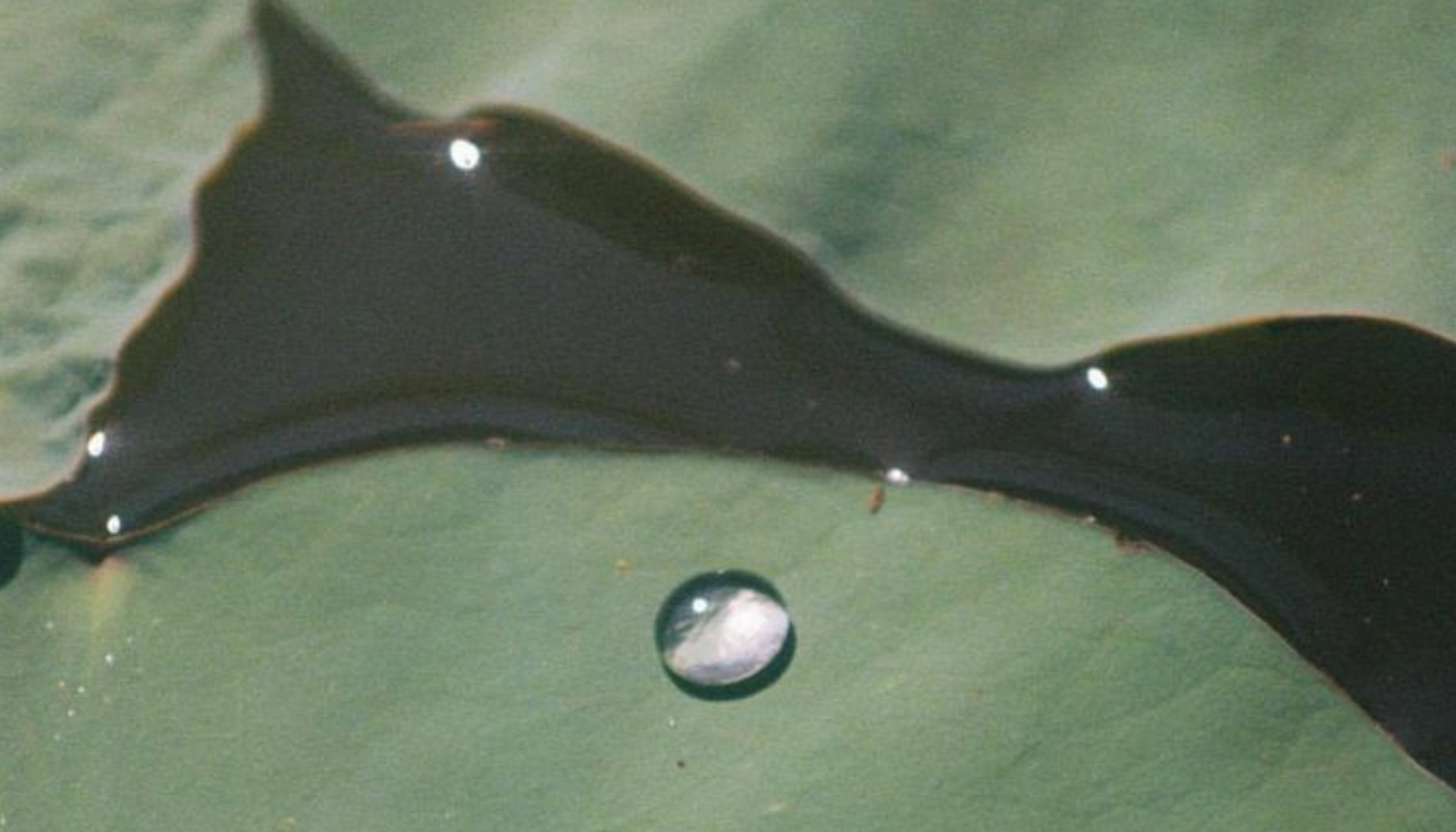The importance of sustainability in skincare has emerged as a pivotal consideration for both consumers and manufacturers in the beauty industry. This shift towards sustainability is not just a trend but a necessary response to growing environmental concerns and a deeper understanding of our interconnectedness with the natural world. The skincare sector, historically characterized by its heavy reliance on plastic packaging, chemical-laden formulations, and resource-intensive manufacturing processes, is now at the forefront of adopting greener practices. This essay explores the reasons behind the growing importance of sustainability in skincare, its benefits, and the positive impact it promises for both the environment and consumers.

Firstly, sustainability in skincare addresses the urgent need to reduce environmental pollution. The beauty industry is notorious for producing a significant amount of waste, with billions of units of packaging ending up in landfills and oceans every year. By embracing sustainable packaging solutions such as biodegradable materials, refillable containers, and minimal packaging, skincare brands can significantly lower their environmental footprint. Furthermore, the use of natural, organic ingredients over synthetic chemicals not only minimizes the risk of pollution during production but also ensures that products are safer to wash down our drains, reducing the chemical load on water treatment facilities and natural water bodies.
Secondly, sustainable skincare practices emphasize the importance of ethical sourcing and biodiversity conservation. Many skincare products rely on natural ingredients that, if not sourced responsibly, can lead to overharvesting and habitat destruction. Sustainable skincare brands often invest in fair trade practices and support local communities, ensuring that ingredients are harvested in a way that supports biodiversity and does not exploit labor. This not only helps preserve the environment but also promotes social responsibility within the industry.
Another crucial aspect of sustainable skincare is its focus on long-term health and safety for consumers. Traditional skincare products can contain harmful chemicals and toxins that may offer short-term benefits but pose long-term health risks. Sustainable skincare products, by contrast, tend to use ingredients that are not only environmentally friendly but also gentler and safer for the skin. This shift towards natural and organic formulations reflects a broader move towards wellness and health-conscious living, with consumers increasingly prioritizing products that are both good for them and the planet.
The demand for sustainable skincare is also driven by a growing consumer awareness and desire for transparency. Today's consumers are more informed and conscious about the impact of their purchasing decisions. They seek out brands that align with their values, demanding transparency about sourcing, manufacturing processes, and the overall environmental impact of the products they use. This has pushed the skincare industry towards greater accountability and innovation in developing sustainable solutions.
Finally, the importance of sustainability in skincare is also evident in its contribution to the global fight against climate change. By reducing waste, minimizing carbon footprints through efficient manufacturing processes, and prioritizing renewable resources, the skincare industry can play a significant role in mitigating the impact of global warming.
In conclusion, the shift towards sustainability in skincare is a multifaceted movement that addresses environmental, ethical, health, and consumer transparency concerns. It reflects a broader societal shift towards sustainability and offers a pathway for the beauty industry to contribute positively to the planet's health and future generations. As this trend continues to grow, it will likely lead to more innovations and improvements, further embedding sustainability as a core principle in the skincare industry.




